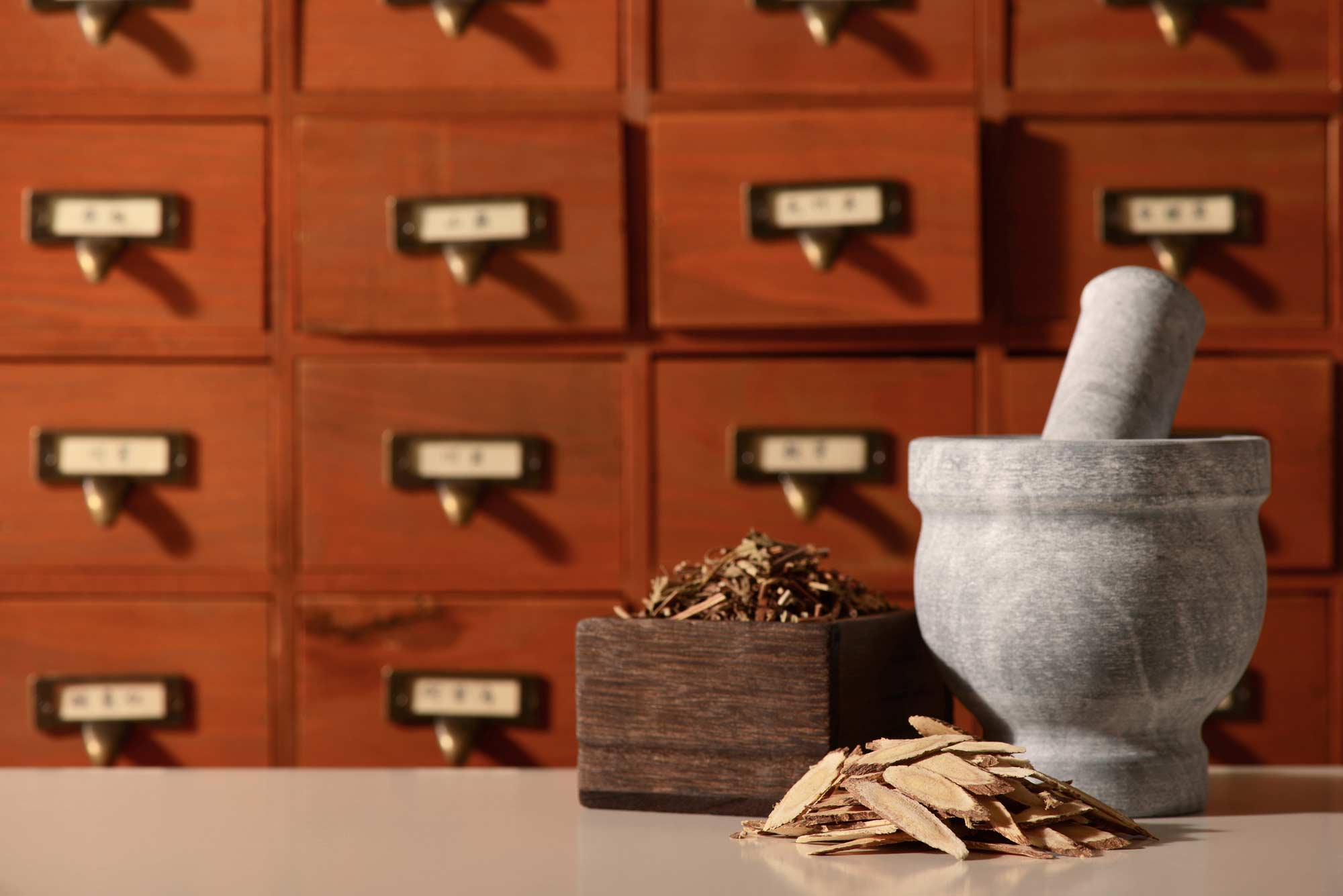Isn’t autumn such a beautiful time of year?
When I observe the seasonal transitions that come this time of year, I can’t help but make parallels to the transitions in our lives. Change is inevitable, yet it’s not always comfortable. Some changes can elicit feelings of joy and delight, others make us want to hibernate. Sometimes we feel that our days are graced with sunshine and then the storms roll in and we duck for cover.
We all have varying tolerances for change. Some people relish it and others do whatever they can to avoid it. It, of course, also depends on the change itself. The heartbreak of losing a loved one is a transition that will likely leave a mark on our lives for a very long time, whereas changing jobs might be a little easier for us to deal with.
When it comes to making changes that support our health, I often observe a lot of resistance. It led me to ask one of the key questions that has guided a lot of my work since – why do we do what we do, when we know what we know?
Many of us know that we need to make changes to better support our health and yet, somehow they usually fall to the bottom of the pile. We might know that we need to eat more vegetables and less processed food, or that we really should cut back to one cup of coffee a day. Or we might be familiar with the consequences of not enough sleep but still try to get through on 5-6 hours a night. What is it about lifestyle change that we regularly resist so much?
For many, it takes a health crisis to wake them up to the fact that they need to make some changes. I don’t want that for you. Ask yourself, what small, incremental steps can you make towards better health and energy? It might be that you need some support – either nutritionally or in the form of further guidance. Don’t be afraid to reach out when you need help.
Wishing you a wonderful end to the month.
With warmth,
Dr Libby x



